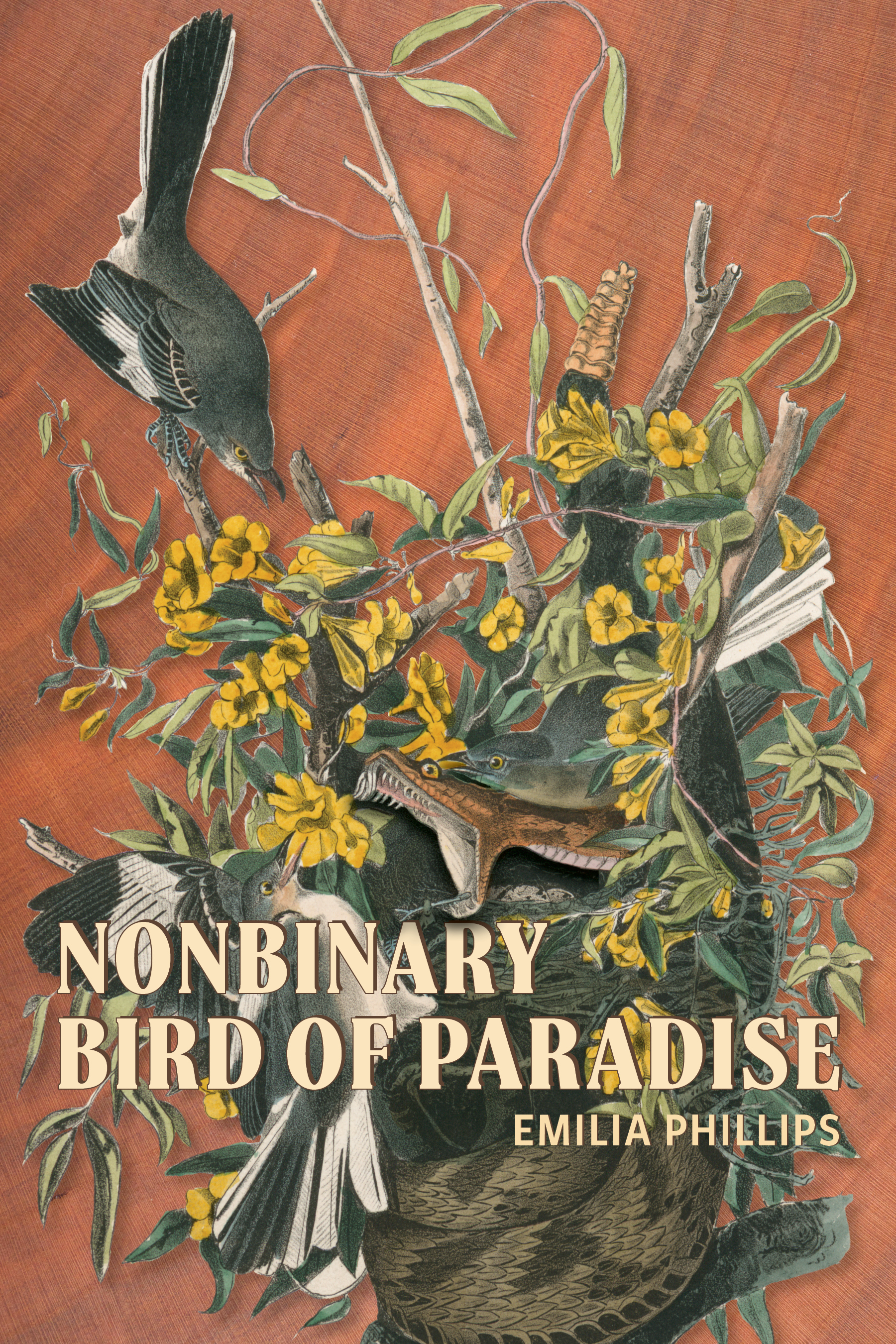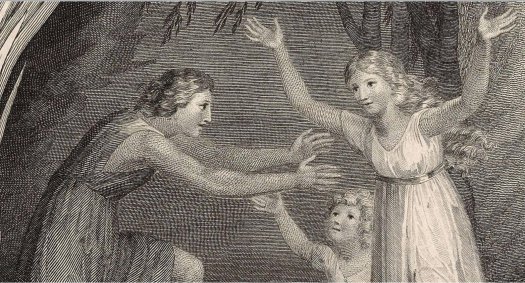Today, before a reading, I will teach a poetry master class at Warren County Community College called I Have Been a Pleasure: On the Self-Elegy and Celebration. With a handout, we will begin by considering and reconsidering the definitions of elegy, praise poems, and ode from Edward Hirsch’s A Poet’s Glossary, making connections between each of these forms and their motivations, and then reading the following poems:
- “Song of Myself” by Walt Whitman
- “For the Anniversary of My Death” by W.S. Merwin
- “On Leaving the Body to Science” by Claudia Emerson
- “Mummy of a Lady Named Jemutesonekh” by Thomas James
- “Elegy for My Sadness” by Chen Chen
- “Beyoncé Prepares a Will” by Morgan Parker
- “Someday I’ll Love Roger Reeves” by Roger Reeves
- “Someday I’ll Love Ocean Vuong” by Ocean Vuong
Writing Exercise: “Don’t Be Afraid: Self-Elegy or Self-Celebration”
- Title your poem “For the Anniversary of My Death (After Merwin),” “Elegy for My Sadness (After Chen),” “[Your Name] Prepares a Will (After Parker),” or “Someday I’ll Love [Your Name.”
- Free-write a poem borrowing the dramatic situation from one of the poems we have read today, using a similar title in homage to that poet. A couple of considerations:
- Will you write to yourself as a you or as an I?
- Are you lamenting or celebrating yourself?
- Is this a poem of greeting or goodbye?
- If you are writing a self-elegy, are you elegizing your whole self or only a part? A time period? A sense of self? A place? Another person?
- If you are writing a self-celebration, are you performing the act of Narcissus looking into the pool or is there something more potent beneath the surface at which you’re really looking?
- Share.

